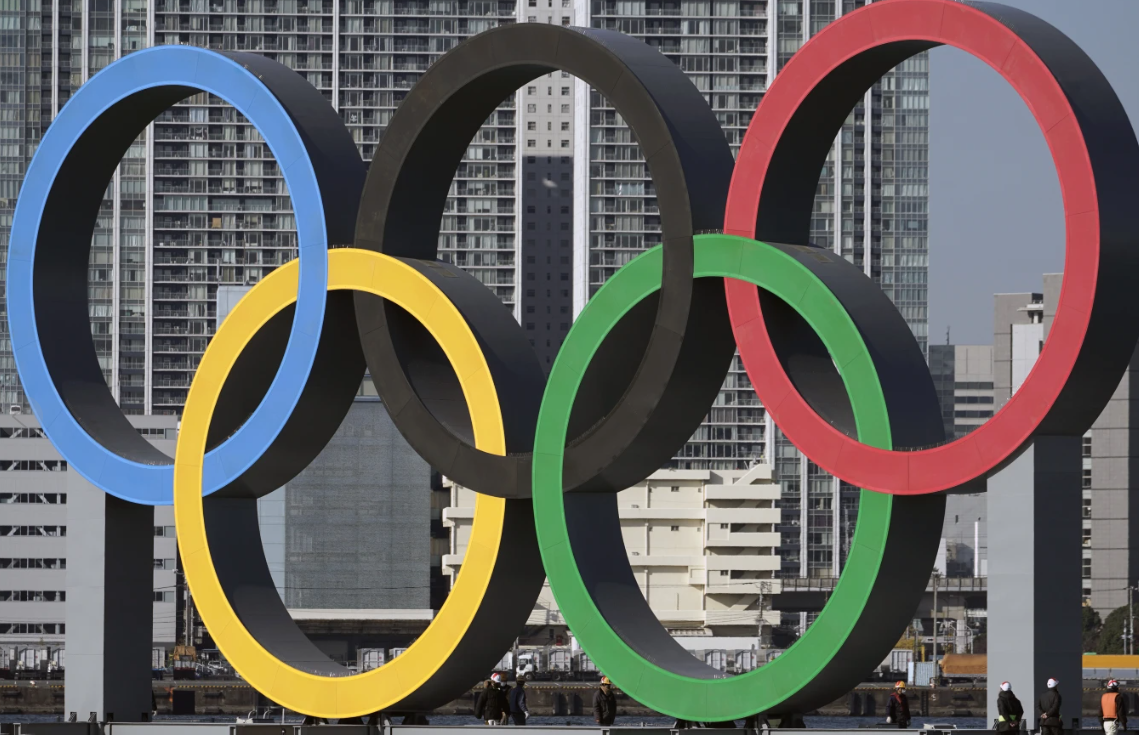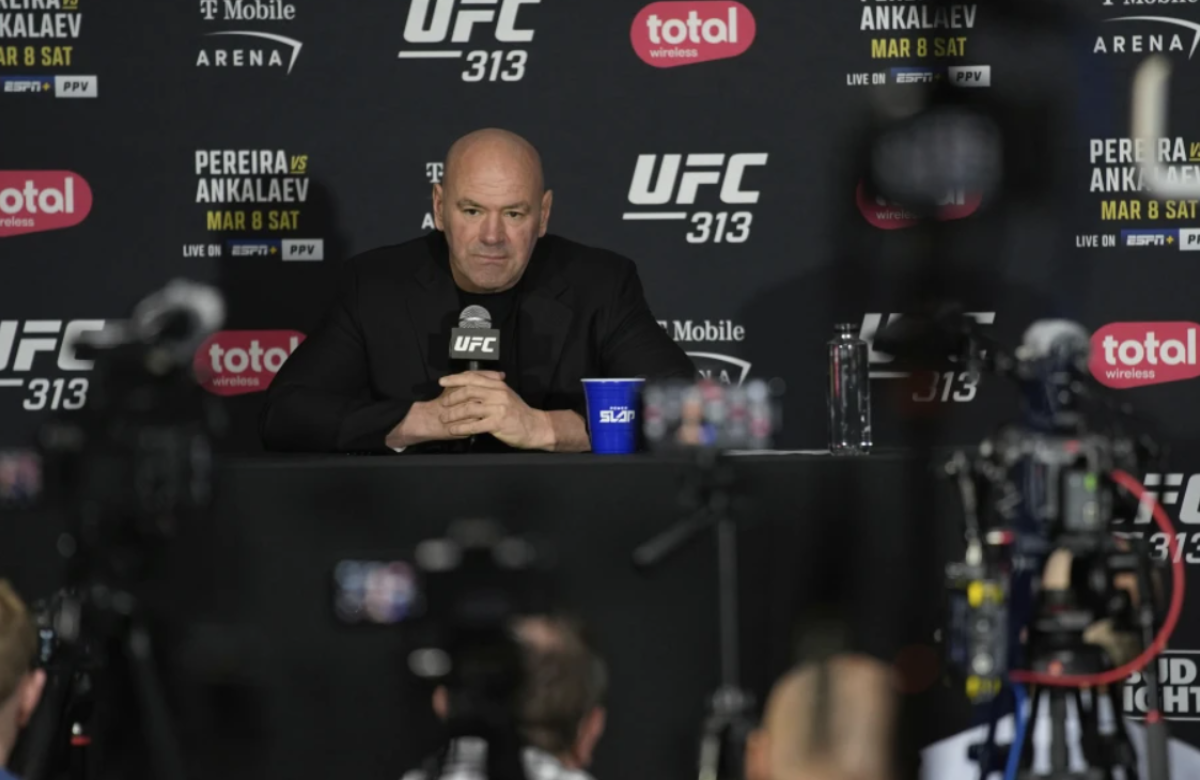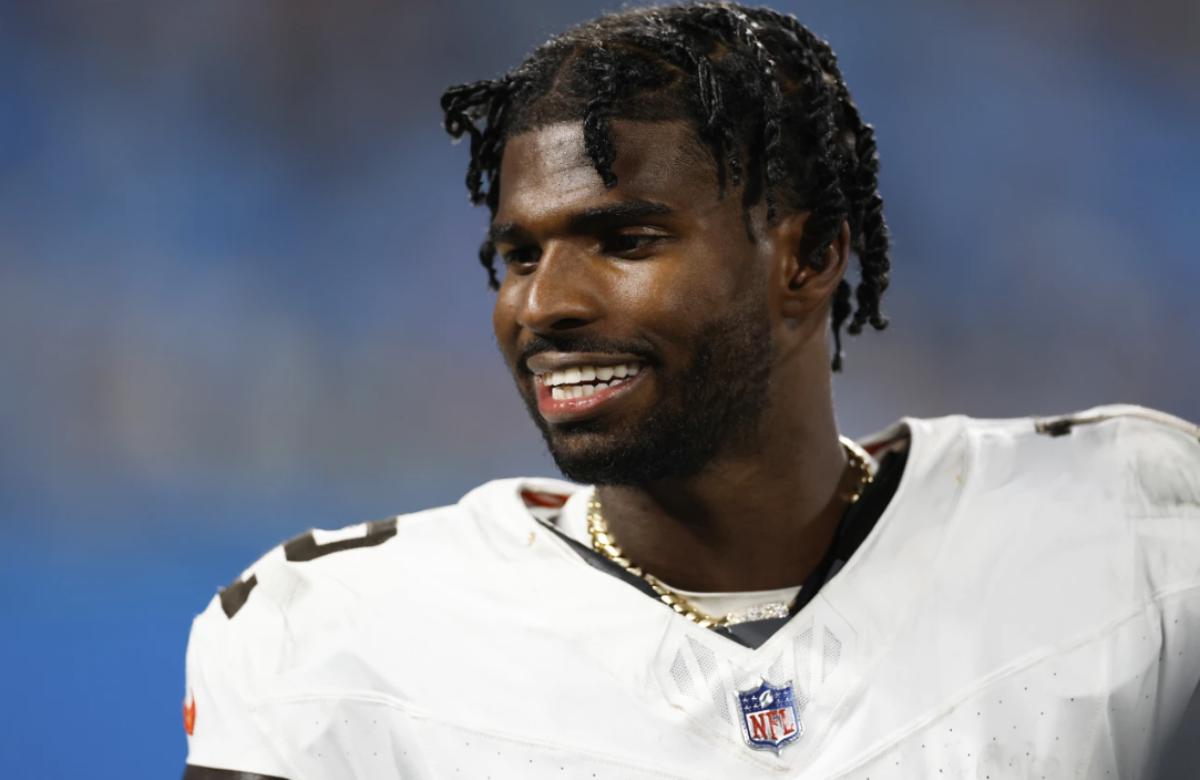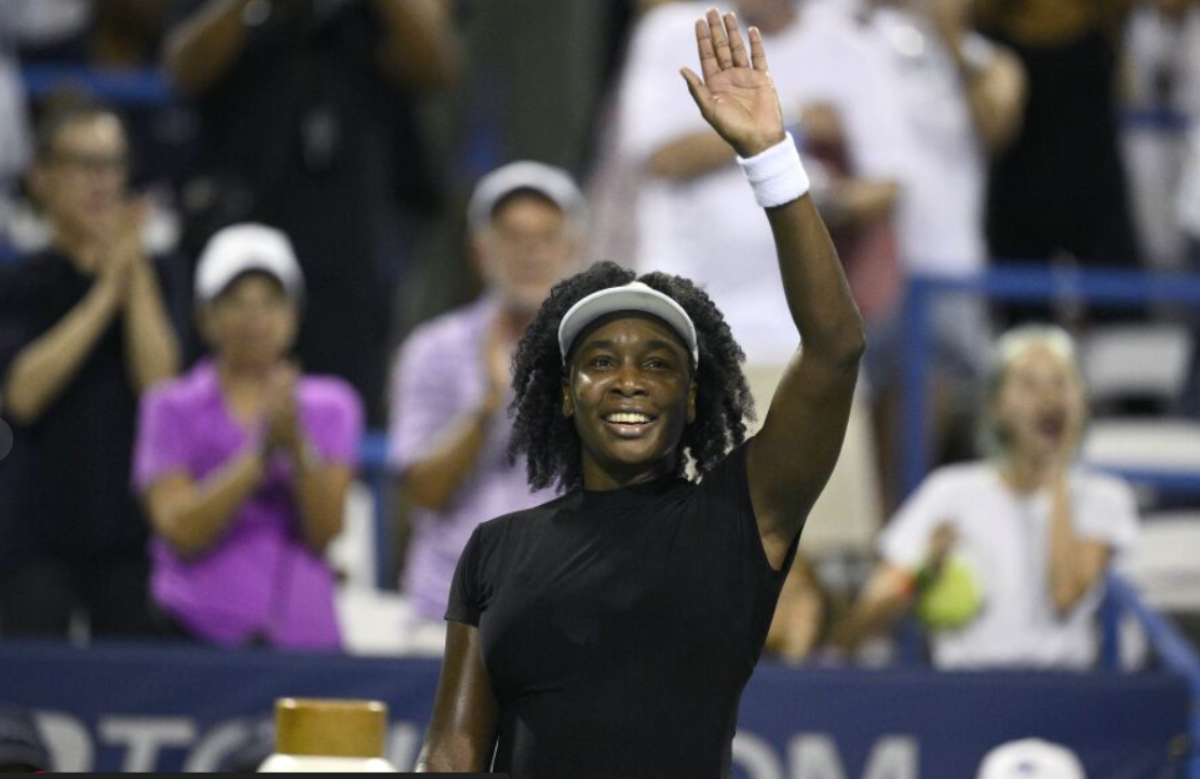The U.S. Olympic and Paralympic Committee (USOPC) has implemented a new policy that effectively prevents transgender women from competing in women’s sports. The move aligns with an executive order signed earlier this year by former President Donald Trump, titled “Keeping Men Out of Women’s Sports.” This order warns organizations that allow transgender women to participate in women’s competitions that they could lose federal funding.
The USOPC updated its website quietly and sent a letter to national governing bodies (NGBs) for various sports like swimming and track and field, outlining the required changes. The policy revision is part of the USOPC’s Athlete Safety Policy and emphasizes the organization’s legal obligation to follow federal directives.
In their letter, USOPC CEO Sarah Hirshland and President Gene Sykes stated that as a federally chartered entity, the committee must comply with federal expectations. They explained that the revised policy prioritizes fair and safe competition in women’s categories, and instructed all NGBs to make their policies match the new requirements.
The decision has drawn criticism from advocacy groups. Fatima Goss Graves, president and CEO of the National Women’s Law Center, condemned the move, saying it puts the needs and safety of transgender athletes at risk in order to meet political demands.
The USOPC oversees about 50 national governing bodies that influence rules from grassroots programs to elite competition. This means local clubs may also have to adjust their policies to stay in good standing with their NGBs.
Some sports organizations already have policies in line with the new directive. For instance, USA Fencing has updated its rules to restrict women’s events to athletes assigned female at birth, while opening men’s categories to a wide range of participants, including transgender women and non-binary athletes. USA Swimming is currently reviewing its policies after being notified by the USOPC.
The debate over transgender athletes’ participation in women’s sports has grown nationally, with over 20 states passing laws banning transgender girls and women from girls’ and women’s sports. Many of these laws are being challenged in court by critics who say the bans are discriminatory and affect a very small group of athletes.
The NCAA also recently changed its eligibility rules to allow only those assigned female at birth to compete in women’s competitions — a decision that came shortly after Trump’s executive order.
At the international level, the International Olympic Committee (IOC), now led by President Kirsty Coventry, has emphasized the importance of protecting the female category in sports. While the IOC allows each sport’s governing body to set its own rules for Olympic competition, several international federations — including those for swimming, cycling, and track and field — have already implemented strict rules barring athletes who experienced male puberty from competing in women’s events. Other sports, such as soccer, are still reviewing their policies.
Trump has openly called for the IOC to adopt broader restrictions, describing the issue as one that “needs to be fixed.” The United States is set to host the Summer Olympics in Los Angeles in 2028.
Also Read:
Audun Groenvold, Norwegian Olympic Medalist, dies after being struck by lightning
Olympic Gold Medalist Nina Derwael Announces Retirement from Gymnastics















